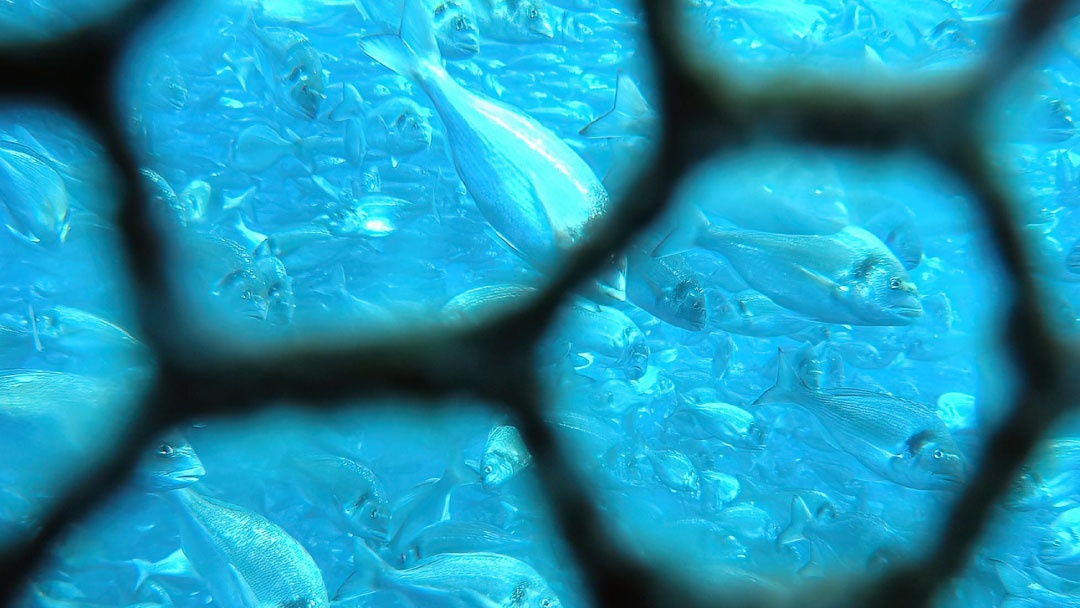
Experts argue that achieving One Health through a global “blue transformation” will require coordinated action across environmental, animal and human health. They underline that protecting and enhancing water quality in rivers, seas and oceans is essential, since water should be regarded as a medium for food production rather than a channel for waste disposal.
The aquaculture sector, they note, must also prepare for the effects of climate change, which poses particular risks to cold-blooded aquatic animals, making them more vulnerable to disease outbreaks. Safeguarding animal health is equally critical, with strong biosecurity measures required to reduce reliance on antimicrobial treatments and to prevent the spread of resistance that could endanger both people and ecosystems.
A recent study published in Frontiers in Aquaculture by researchers at the Centre for Environment, Fisheries and Aquaculture Science (Cefas), the University of Exeter and the University of East Anglia pinpoints the opportunities and challenges of this transition. The authors explain that while aquaculture already provides more than half of all aquatic foods consumed globally, its expansion must be guided by sustainable practices that deliver benefits across society, nature and the environment.
The paper highlights that increasing aquaculture production could play a decisive role in improving global nutrition, particularly in low- and middle-income countries where deficiencies in essential nutrients are widespread. By making aquatic foods more affordable and accessible, aquaculture could prevent millions of cases of food and nutrient insecurity by 2030. Moreover, compared with land-based livestock, aquatic species generally have a lower environmental footprint, requiring less land and freshwater and producing fewer greenhouse gas emissions.
At the same time, the authors stress that the sector cannot ignore potential risks. Climate change, poor animal health and misuse of antimicrobials remain significant barriers to sustainable growth. Overcoming these challenges, they argue, will require integrated policies that link human health, environmental protection and animal welfare, breaking down the institutional silos that have traditionally separated these domains.
Ultimately, the study concludes that a truly sustainable blue transformation—one that contributes to the global One Health agenda—will only be possible if governments, industry and society work together to align food security goals with the protection of ecosystems and biodiversity.


